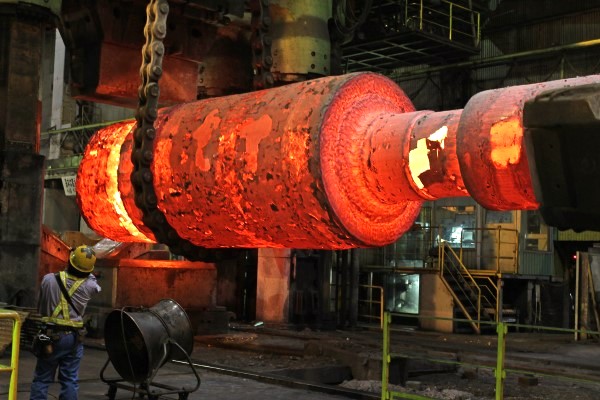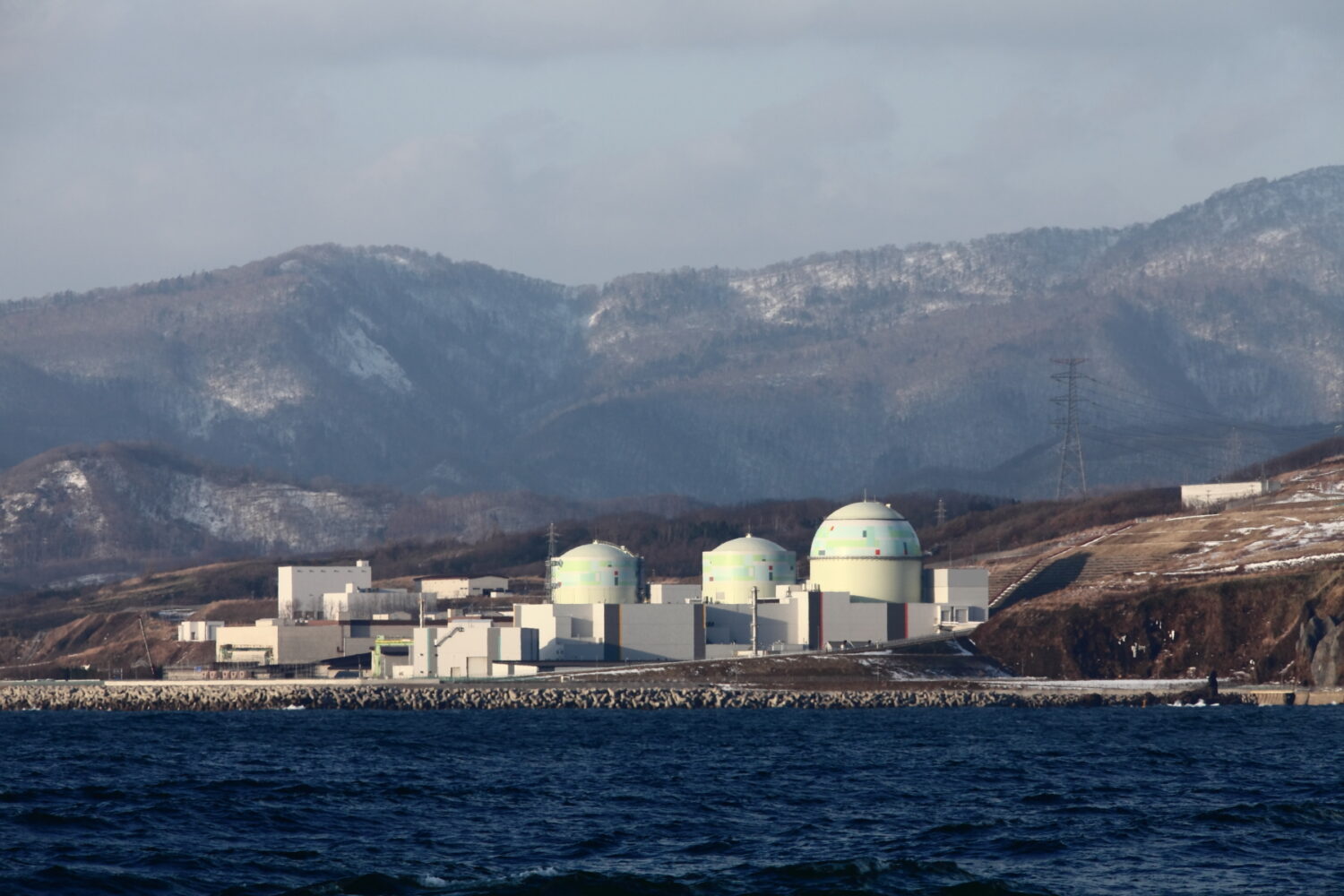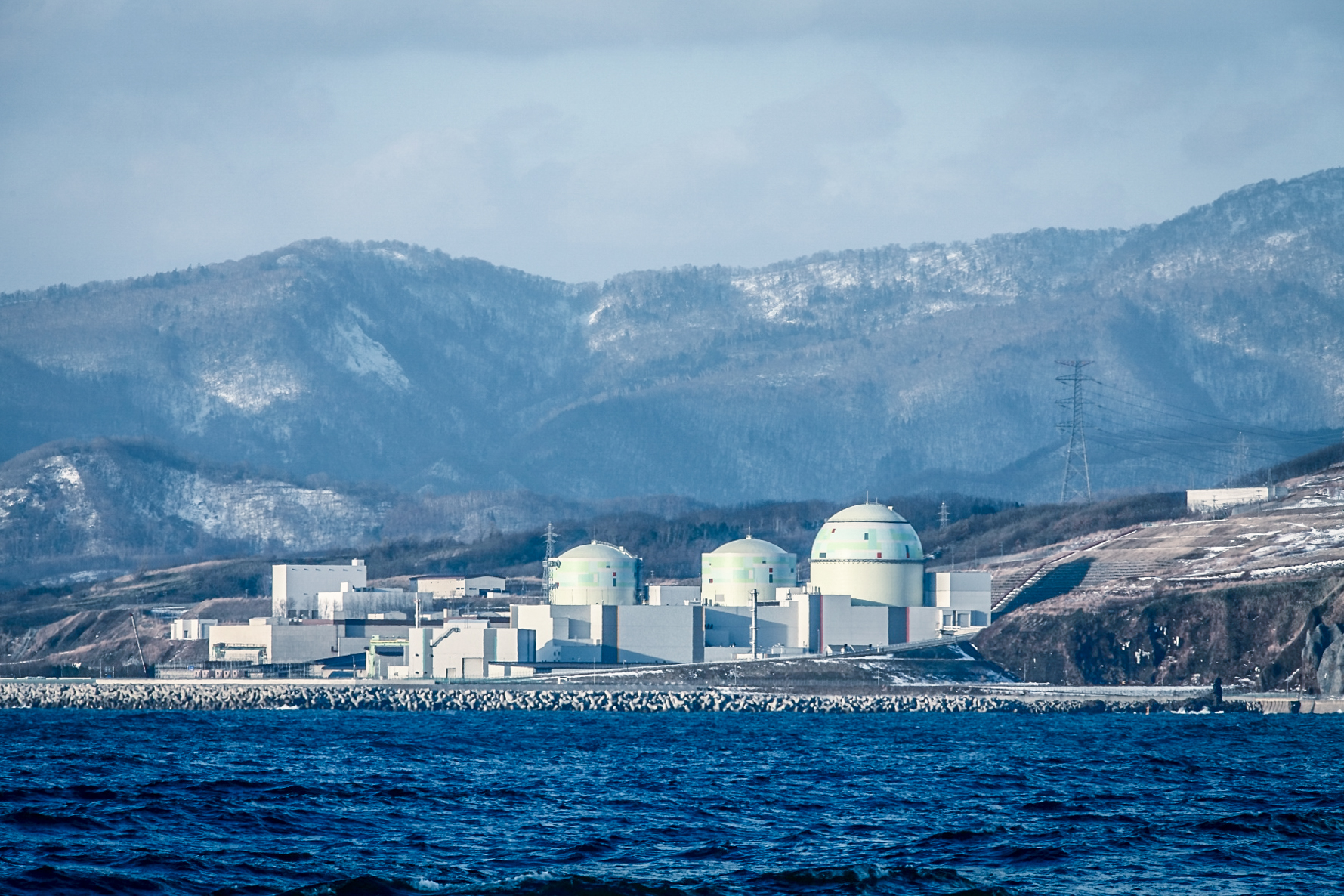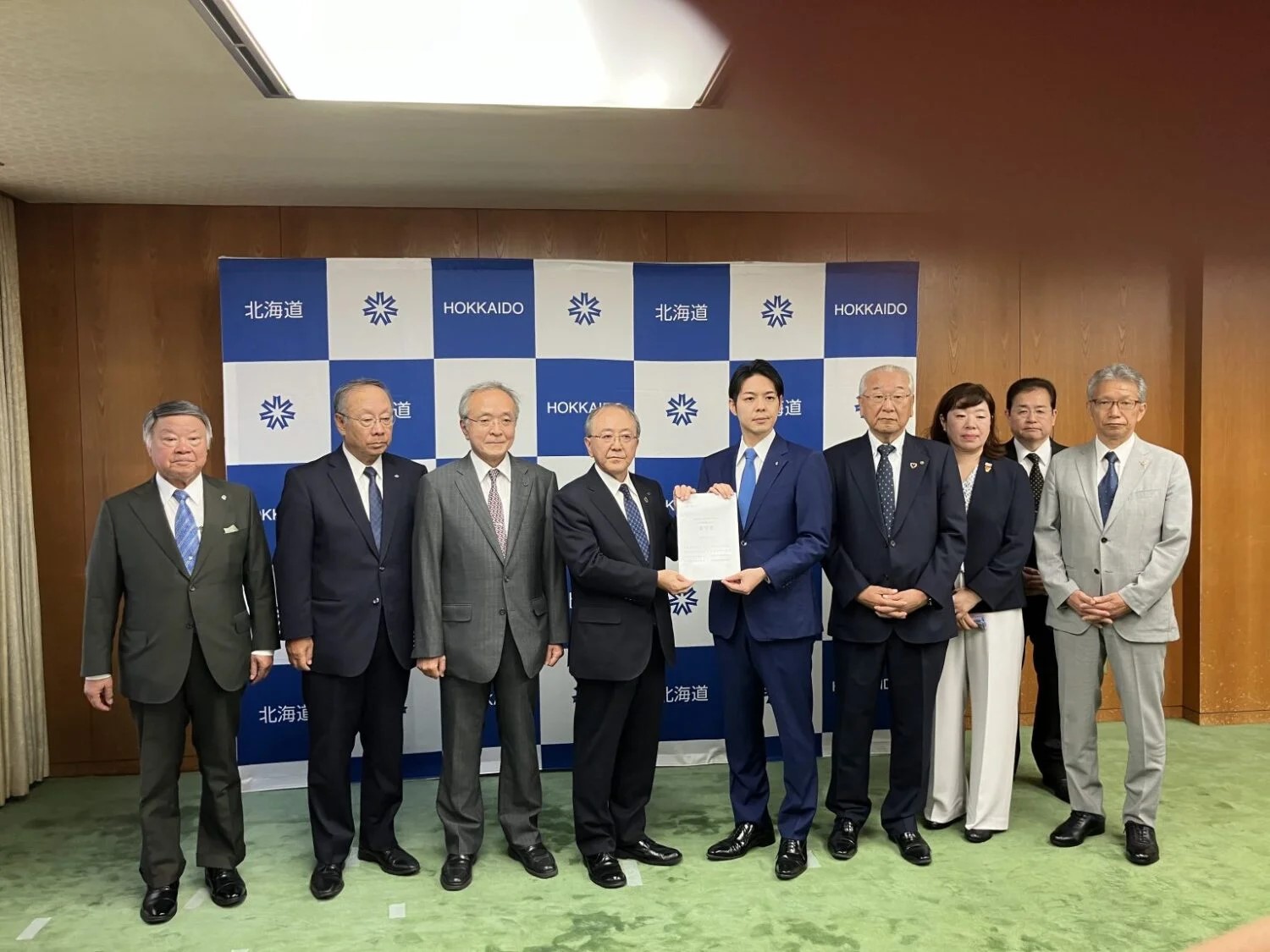The announcement was hurriedly made at the first Net Zero Nuclear (NZN) Summit, which was being held on the same day, and is regarded as a concrete move toward realizing the declaration made on December 2 by 22 countries[1]As of today, Armenia, Croatia, and Jamaica joined the communiqué, bringing the total to 25 countries. to triple the world’s installed nuclear capacity by the year 2050.
The sum of USD4.2 billion will be invested over the next three years to expand uranium enrichment and conversion capacity and create a new fuel market not influenced by Russia, which now maintains a large share of the global nuclear fuel market.
“Nuclear power is the only way to achieve net-zero global carbon emissions and the 1.5°C target by 2050,” said Dr. Kathryn Huff, Assistant Secretary for Nuclear Energy at the U.S. Department of Energy (DOE), who led the initiative.
A joint statement concerning the investment was issued by the Japan Atomic Industrial Forum (JAIF), the U.S. Nuclear Energy Institute (NEI), the nucleareurope, the Canadian Nuclear Association (CNA), and the UK Nuclear Industry Association (NIA), welcoming their governments’ stance on building a new nuclear fuel supply chain.
Noting that a stable fuel supply not only improves decarbonization and energy security but also enhances national security, the statement stressed that “while government support such as this is essential to expand industry supply capacity, the private sector and financial institutions must also make investments so that further progress can be made.”
Russia currently controls almost half of the global uranium enrichment and conversion market, and it is said that about one-fifth of the fuel used in U.S. nuclear power plants (NPPs) comes from Russia, which has been strengthening its dominance in the global market by supplying nuclear fuel at low prices. In particular, it has been the sole supplier of high-assay low-enriched uranium (HALEU) fuel[2]Low-enriched uranium with an enrichment level of 5-20% of U235., which is to be loaded in many of the advanced reactors expected to be introduced on a global scale in the future, including in emerging countries.
To break that monopoly, Centrus Energy Corp. (formerly USEC), a uranium enrichment firm in the United States, began producing HALEU fuel in Piketon, Ohio, in October 2023. The facility is the first new U.S.-owned, U.S.-technology uranium enrichment plant to begin production since 1954. Nine of the ten advanced reactor types selected for support under the DOE’s Advanced Reactor Demonstration Program (ARDP) are scheduled to be loaded with HALEU fuel.
References












-049.jpg)
.jpg)





